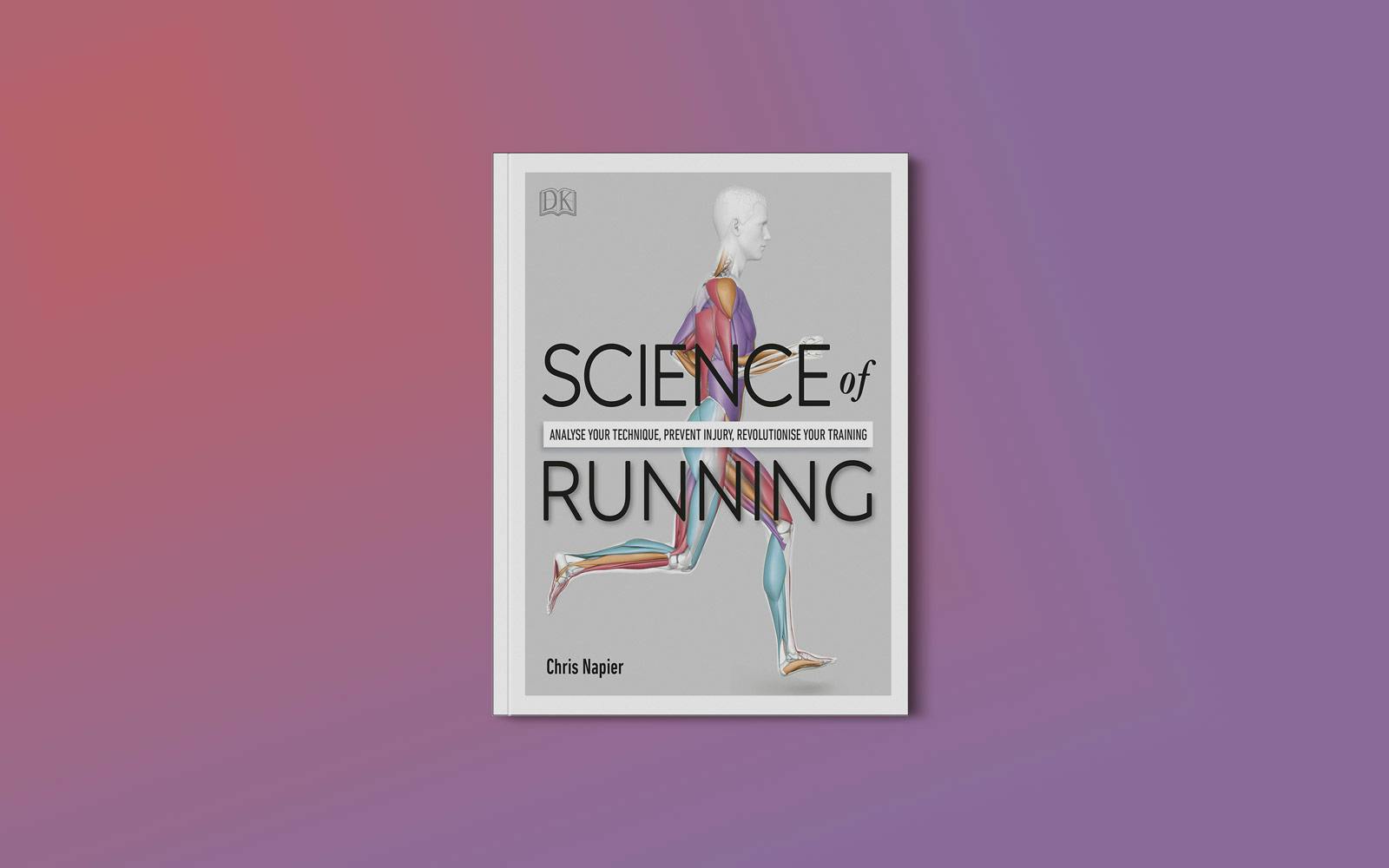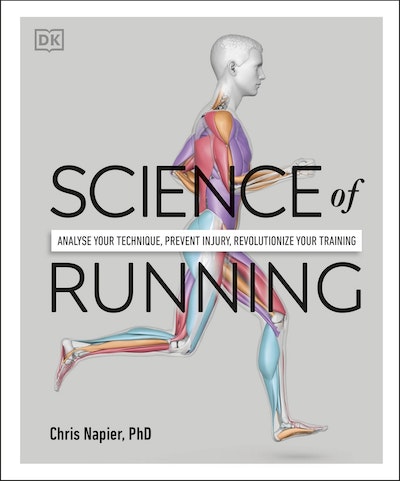Learn more about the science of running with physiotherpaist, Chris Napier, as he provides some insights on his book.
What are the scientific benefits of starting a running program?
Running has benefits in the prevention of obesity, hypertension, type 2 diabetes, osteoarthritis, respiratory disease, cancer, and physical disability. Even in low doses, running is associated with a substantial reduction in cardiovascular and all-cause mortality. There are also documented benefits to mental health. Within the context of an overall downward trend in physical activity in the general population, recreational running is a time-efficient and accessible form of physical activity available to all.
How will knowing the "science" of running help a runner achieve their goals?
Despite the many health benefits, runners sustain an inordinately high rate of injury, with up to 50% of runners suffering an injury annually. While these injuries are overwhelmingly non-traumatic and do not to lead to more chronic musculoskeletal conditions such as osteoarthritis, those affected are disproportionately the ones who stand to gain the most from the physical activity (novice and obese runners). Learning about how to optimally manage training load, prevent injury, and maximize performance will keep you in the sport and heading towards your goals no matter what they are.
What are some of the most common myths about running, and how does your research and the science debunk these myths?
The most common running myths are that static stretching before running will prevent injury and that running will lead to the development of osteoarthritis later in life. Neither of these are true and, in fact, static stretching may increase your risk of injury and running will decrease your risk of developing osteoarthritis.
You state in Science of Running that up to 50% of runners experience a running injury. How can a better understanding of biomechanics lower injury risk?
Running injuries typically occur through an interaction between training load and biomechanics. Understanding how different running mechanics stress different structures in your body can help you make adjustments to your stride that may reduce your risk of injury.
How do you feel about warm ups and cool downs?
If you are just going for an easy run, there is no need to warm up or cool down. However, if you plan to add any intensity to your run, doing a general warm up followed by some dynamic stretching may reduce your risk of injury by preparing your muscles, tendons, and joints for the requirements of the activity ahead of you.
As a physiotherapist and researcher, what do you think the value of Science of Running is?
I consider this book to be a handbook for all runners—a simple guide to the runner's body. From biomechanics and strengthening exercises, to nutrition and training plans, this book covers everything you need to know to take your training to the next level and reduce your risk of getting injured.













